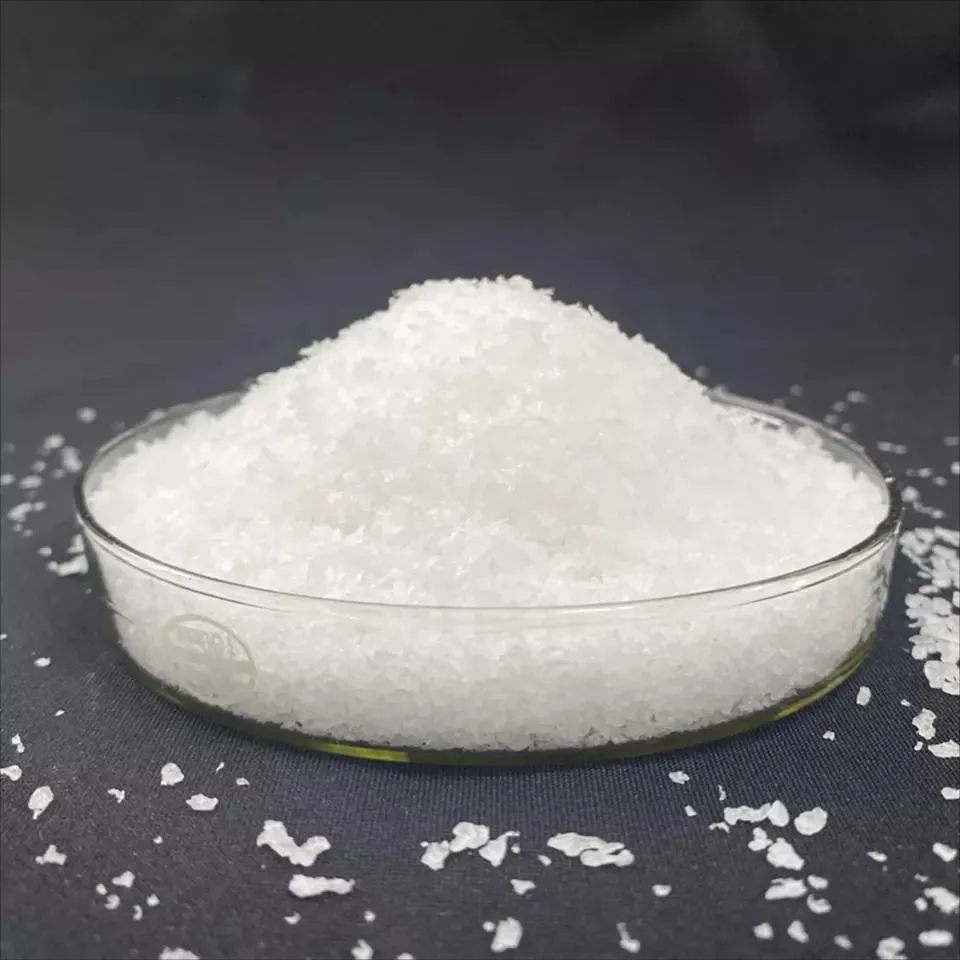The Versatile Applications of Adhesive Methyl Cellulose
Methyl cellulose is a remarkable cellulose ether that has garnered considerable attention in various industries due to its unique adhesive properties and versatility. It is a non-ionic compound derived from natural cellulose and modified through a process called etherification. This modification allows methyl cellulose to exhibit a diverse range of applications, particularly as an adhesive. In this article, we will explore the unique characteristics of adhesive methyl cellulose, its applications in different fields, and its advantages over traditional adhesives.
Characteristics of Methyl Cellulose
One of the primary reasons for the popularity of methyl cellulose as an adhesive is its excellent water solubility, which allows it to dissolve easily in cold water. This property is invaluable in various applications where a viscous adhesive solution is required. When mixed with water, it forms a thick gel-like substance that can adhere to surfaces effectively. Moreover, methyl cellulose is non-toxic, biodegradable, and exhibits good thermal stability, making it an environmentally friendly choice compared to many synthetic adhesives.
Another significant characteristic of methyl cellulose is its ability to form a film upon drying, which provides a strong bond between materials. The film is resistant to heat and moisture, contributing to the durability of the adhesive. This feature is particularly useful in applications where exposure to varying environmental conditions is expected.
Applications in Different Fields
1. Construction and Building Materials Methyl cellulose is widely used in the construction industry as a thickening agent and adhesive in cementitious products, plaster, and tile adhesives. Its water-retention properties are crucial in ensuring that mortars and plasters remain workable for extended periods, allowing for optimal application. Moreover, its adhesive characteristics help improve the bond strength between different construction materials.
2. Food Industry In the food sector, methyl cellulose is employed as an emulsifier and thickening agent. It helps improve the texture and consistency of various food products, such as sauces, dressings, and ice creams. Additionally, it is used in some vegetarian and vegan food products as a binding agent to mimic the properties of gelatin, providing structure without the use of animal products.
adhesive methyl cellulose

3. Pharmaceuticals The pharmaceutical industry also benefits from the use of methyl cellulose, where it serves as a binder in tablet formulations and a thickener in topical ointments and creams. Its ability to form a gel-like consistency enhances the stability and effectiveness of these products, ensuring consistent delivery of active ingredients.
4. Cosmetics In cosmetic formulations, methyl cellulose is utilized as a thickener and stabilizer in creams, lotions, and gels. Its film-forming property helps create a smooth texture, enhancing the sensory experience of cosmetic products. Additionally, it is beneficial for formulating products that require a stable viscosity over time.
5. Art and Crafts The adhesive qualities of methyl cellulose make it a popular choice for artists and crafters. It is often used in paper crafts, bookbinding, and as a medium for various artistic projects. Its ability to bond different materials while remaining flexible upon drying offers both beginner and professional artists a reliable adhesive option.
Advantages Over Traditional Adhesives
Adhesive methyl cellulose presents several advantages over traditional synthetic adhesives. Firstly, it is water-based and non-toxic, posing minimal health risks to users. Its biodegradability is another significant benefit, as it decomposes naturally, reducing the environmental impact associated with permanent adhesives.
Additionally, the versatility of methyl cellulose allows it to be used in applications requiring different properties, such as varying viscosities and bond strengths. This adaptability, combined with its performance in wet and dry conditions, positions methyl cellulose as a superior choice for numerous applications across different industries.
Conclusion
In conclusion, adhesive methyl cellulose is a versatile and effective adhesive with wide-ranging applications in construction, food, pharmaceuticals, cosmetics, and crafts. Its unique properties—such as water solubility, non-toxicity, and film-forming ability—make it a preferred choice for many applications. As industries continue to seek eco-friendly alternatives to traditional adhesives, methyl cellulose stands out as a sustainable solution that meets both performance and environmental standards. The ongoing research and development in this area promise to unlock even more potential for methyl cellulose in future innovations.
-
Rdp that The Revolutionary Polymer Powder Transforming Modern Construction MaterialsNewsAug.11,2025
-
Hpmc Powder that Versatile Additive for Detergents and Personal CareNewsAug.11,2025
-
Hpmc Hydroxypropyl Methylcellulose that Essential Building Material Additive from Shijiazhuang Gaocheng YongfengNewsAug.11,2025
-
Hydroxypropyl Methyl Cellulos Hpmc that Essential for Construction ApplicationsNewsAug.11,2025
-
Mhec Powder that Revolutionizing Construction Chemistry with Cellulose Ether SolutionsNewsAug.11,2025
-
Industri Hpmc that The Global Backbone of Advanced ConstructionNewsAug.11,2025




